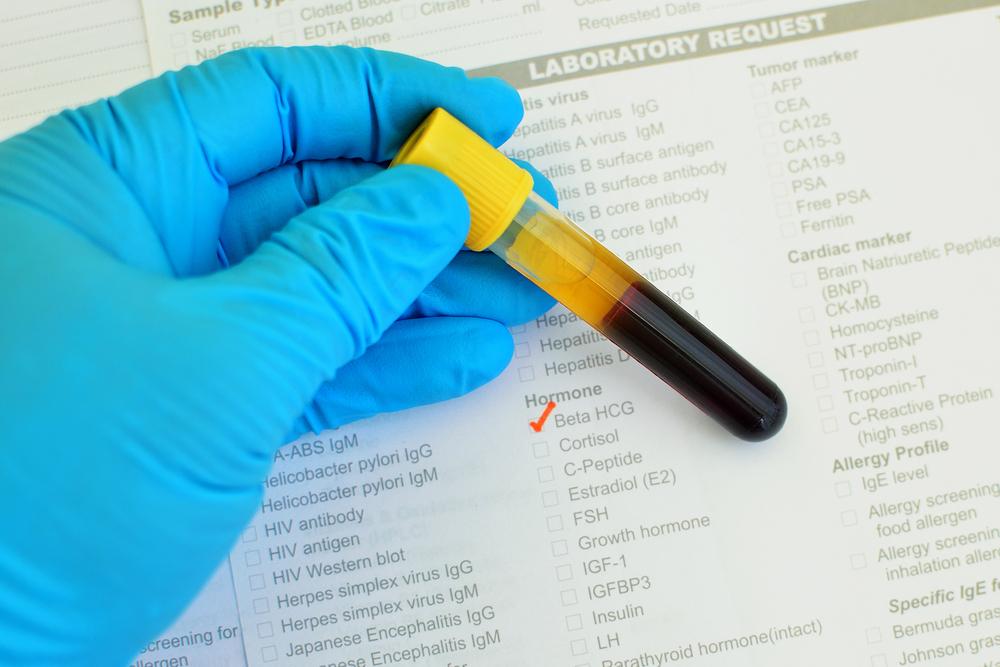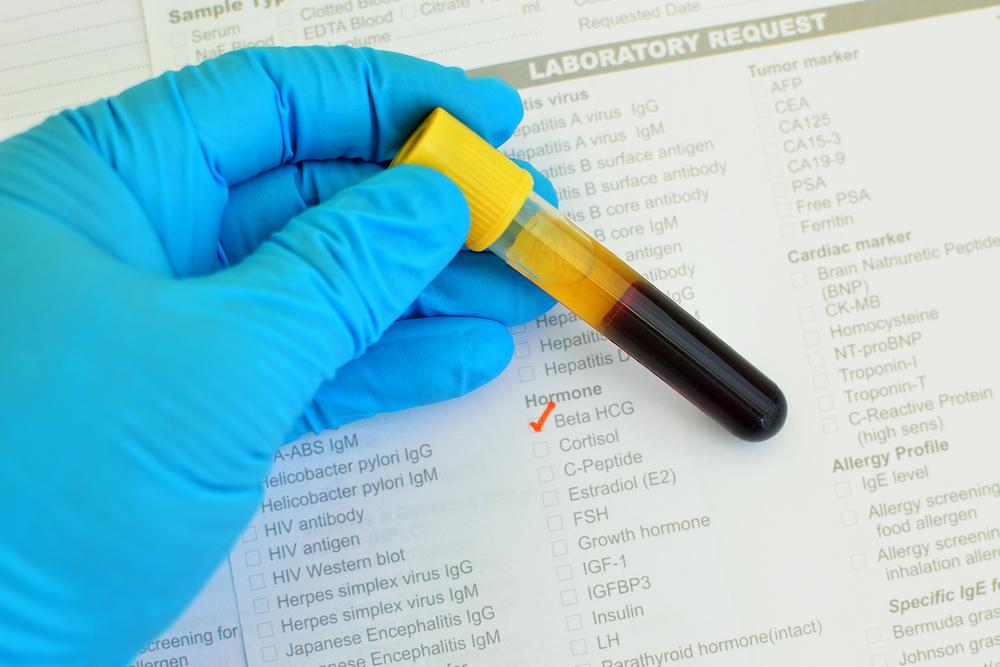Comprehensive Overview of Cancer Immunotherapy: A Breakthrough in Oncology Treatments
This comprehensive article delves into the transformative field of cancer immunotherapy, explaining its mechanisms, types, advantages, and future prospects. It highlights how harnessing the immune system offers safer, more effective treatments compared to traditional methods, providing hope for improved long-term outcomes. From vaccines to T-cell therapies, the article explores diverse immunotherapeutic strategies and their growing role in oncology, illustrating a promising horizon in cancer management.

Comprehensive Overview of Cancer Immunotherapy: A Breakthrough in Oncology Treatments
Understanding Cancer Immunotherapy
Cancer immunotherapy represents one of the most promising advancements in modern oncology. It’s a revolutionary medical strategy that harnesses and enhances the body's innate immune mechanisms to seek out and destroy cancerous cells effectively. Unlike traditional therapies such as chemotherapy or radiation, which often come with significant side effects and general toxicity, immunotherapy aims to stimulate the immune system's natural defenses, promoting targeted and durable cancer control. Over recent years, this approach has matured into a vital component of cancer management, offering hope to many patients who previously had limited treatment options.
The Mechanics of Cancer Immunotherapy
Immunotherapy works by activating, modulating, or restoring the immune system's ability to recognize and fight cancer cells. This is achieved through various mechanisms, including stimulating immune cells, blocking immune checkpoints that inhibit immune responses, and developing vaccines that prime the immune system against specific cancer antigens. The primary focus is to boost the immune system's capacity to identify malignant cells as abnormal and facilitate their eradication, thereby controlling tumor growth and preventing relapse.
Various immune components, especially T-cells—key players in immune defense—are targeted in these therapies. Modern techniques like T-cell cloning or CAR-T cell therapy customize immune cells to better recognize and eliminate cancer cells, representing a highly personalized therapeutic approach. Additionally, immune checkpoint inhibitors, such as PD-1 and CTLA-4 blockers, have revolutionized treatment for several types of cancers, including melanoma, lung, and kidney cancers.
Types of Immunotherapy in Cancer Treatment
There is a broad spectrum of immunotherapy options available for cancer treatment, each tailored to specific cancer types and patient needs. These include:
Cancer Vaccines: These vaccines aim to stimulate the immune system to recognize and attack cancer-specific antigens. Unlike preventive vaccines, these are therapeutic, targeting existing cancer cells to slow or stop tumor progression.
Immune Checkpoint Inhibitors: These drugs block proteins that suppress the immune response, thereby enhancing the immune system's ability to fight tumors. Approved for use in multiple cancers, they have significantly improved long-term survival rates.
T-cell Therapies (CAR-T Cells): These involve engineering a patient’s T-cells to better recognize and destroy cancer, particularly effective in blood cancers like leukemia and lymphoma.
Monoclonal Antibodies: Engineered immune proteins that can bind to specific cancer cell markers, triggering immune responses or delivering targeted therapy directly to tumor cells.
Why Immunotherapy Is Gaining Preference in Oncology
Compared to traditional cancer treatments, immunotherapy offers numerous advantages, making it an increasingly preferred option among clinicians. First, it generally has a more favorable side-effect profile, with fewer and less severe adverse effects than chemotherapy or radiation. This is because immunotherapy aims to activate the body's immune system specifically against cancer cells, sparing healthy tissues.
Furthermore, immunotherapy has demonstrated remarkable success in certain cancers, leading to durable responses—even long-term remission in some cases. This potential for lasting effectiveness positions immunotherapy as not just a palliative approach but also as a potential curative strategy for some patients.
Another reason for its growing popularity is its synergy with other treatment modalities. Combining immunotherapy with chemotherapy, targeted therapy, or radiation can optimize outcomes, making it a versatile addition to comprehensive cancer care plan. As research advances, immunotherapy continues to expand, offering new hope and improved survival rates for cancer patients worldwide.
The Future of Cancer Immunotherapy
The landscape of cancer immunotherapy is rapidly evolving. Ongoing clinical trials are exploring novel targets and combination regimens, while advances in biomarker research improve patient selection and treatment personalization. Researchers are also investigating strategies to overcome resistance mechanisms and enhance immune system activation, aiming to extend the benefits to a broader patient population.
With the advent of precision medicine, immunotherapy is increasingly tailored to individual genetic and molecular tumor profiles, maximizing efficacy. Innovations such as neoantigen vaccines and next-generation immune checkpoint inhibitors are on the horizon, promising to transform oncology even further.
In conclusion, cancer immunotherapy represents a transformative shift in cancer treatment paradigms. Its ability to mobilize the immune system against cancer, coupled with ongoing scientific progress, underscores its critical role in improving patient outcomes and advancing the future of cancer care.





